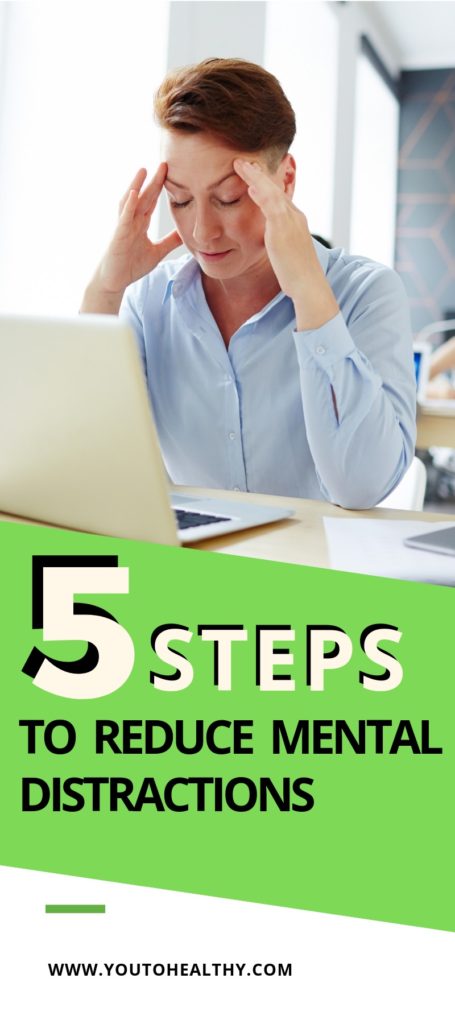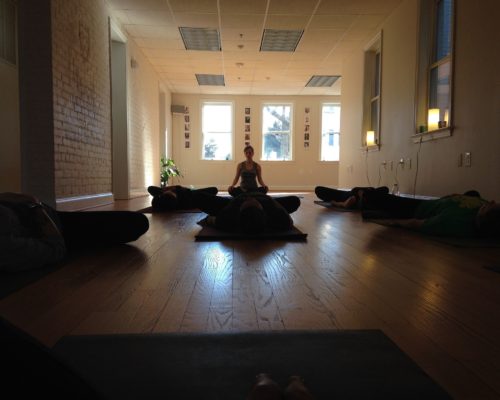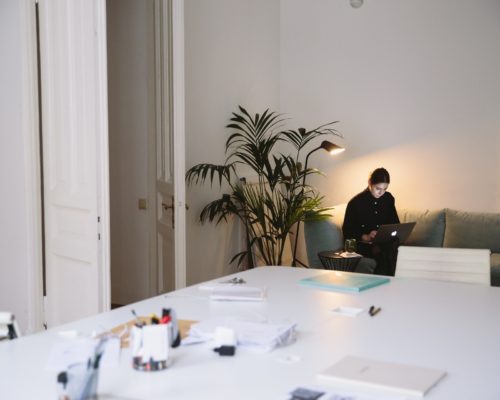Mental distractions are inevitable struggles when we think deeply or try to focus on a task. At work, we can be overwhelmed with tons of ideas that find their ways—uninvited—to our minds. The same often happens to pupils while studying. Learning how to reduce mental distractions is an important part of life.
Some people have a high aptitude for targeted focus over long periods of time. Others don’t. Causes can vary from individual to individual, and can be genetic or habitual.
Potential Causes of Distractions
The ability to eliminate mental distractions is often ingrained early in an individual. Some preschool kids have a pathological difficulty in responding to their surroundings. This can be a symptom of the psychological disorder known as autism. At the other extreme, some kids have trouble focusing, which is often linked with a disorder commonly known as ADHD.
The ability to focus can also be formed through social habits. In general, introverted people find it easier to stay focused. On the other hand, extroverted individuals may find it hard to funnel their thoughts and eliminate distractions.
Regardless of the cause, we all face distractions every day. They lower our productivity and increase our level of anxiety. We have to admit that avoiding brain overload is tough, and we’re not alone when it comes to struggling to stay on task. Thankfully, there are many things we can do to help us focus and reduce mental distractions.

You may also like: 5 SMART TIPS FOR BETTER TIME MANAGEMENT
1. Conceptualize Your Goals
It is important to know why you need or want to accomplish the task at hand. Doing so helps you gain momentum and dismiss intruding thoughts.
2. Prioritize Tasks
Lists are always a good idea. Organize the due dates and impacts of the tasks you’re working on. Trust your brain to naturally focus on the most important issue first. Even when your flying thoughts escape the primary task, you can direct them to use secondary tasks as a break.
It’s also helpful to complete difficult tasks first and save routine tasks for the end of your list. If you start with routine tasks, you might lose focus by the time you have to tackle the more complicated issues.
3. Know Your Strengths
Understanding your quirks can help you use them to become a better worker. For example, morning people schedule their tasks for the morning. If you are a night person, afternoon or evening hours might serve you better.
However, some people work better in isolation. If that rings true for you it might help to set up a quiet, clean space in your room, kitchen, or office. If you work better with other people working around you, try heading to a nearby cafe or public library.
4. Know Your Weaknesses
As a rule of thumb, think about what might distract you most during your working day and resolve these potential issues first. This includes physical needs. Make sure you eat, drink water, and visit the toilet before you sit down for important tasks.
Technology is a common pitfall. Keep your gadgets away. Don’t respond to messages and emails. Don’t take a peek at your social media. If you’re worried about missing anything, let your family and friends know exactly when you don’t want to be disturbed. Only important information should get through.
Messiness is also distraction waiting to happen. Your workplace should be neat and tidy. Keep your files in order. Don’t work in the midst of strewn-about papers or a messy office. This tip is crucial to creative, innovative, and highly sensitive people. Make sure to choose the right place and timing for tackling important issues.
5. Make Good Habits
Learn to adopt new habits to help you stay in focus. For instance, try to imagine what you read or write.
Moreover, if you feel your stream of thoughts get disrupted, tap on your thigh, pinch your hand, shake your head, read aloud, or take a walk around the office. These make for valuable alternatives to manage your stress in the workplace. In addition, you could wash your face or make a refreshing cup of coffee.
Final Thoughts
The ability to reduce mental distractions can be acquired. Practicing the tips above can help you reduce your levels of stress and anxiety, and subsequently improve your productivity.





